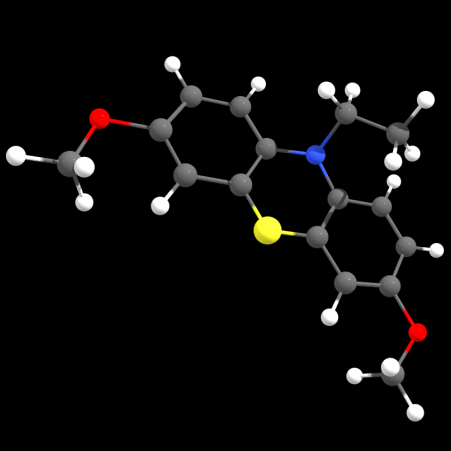Our Research
D3TaLES research is comprised of four cross-cutting aims:

Data Aggregation, Creation, and Curation
An overarching problem in the materials literature is that there is often simply not enough curated data for advanced data analytics and machine-learning approaches to be useful. High-throughput computations provide one avenue to create large-scale datasets, though the data is often only as good as the assumptions that go into the particular method. Further, from the experimental standpoint, given a limited amount of data acquisition and lack of reporting standards, questions arise concerning confidence in the validity of reported data, and so-called ‘dark’ data from failed experiments are severely underreported despite their value in training machine-learning models. Here, D3TaLES will leverage recent developments in natural language processing, high-throughput computation, and autonomous experimentation to create and curate an open-access database of mineable data for LES materials.
Explore Our Database

Redox-Active Molecules for LES
Subtle variations in molecular structure can have a strong impact on solvation behavior relevant to performance characteristics in LES materials. In this materials development objective, D3TaLES will create novel LES materials by synthesizing redox-active molecules with distinctive functional handles and characterizing their properties in solutions of varied compositions.

Electrolytes for LES
Several questions remain unresolved as to how to link redox couple solubility to solvent structure and dynamics at high redox couple concentrations. D3TaLES is motivated to extend the upper limits of redox couple solubility through the concerted design of redox-active molecules and solvation environment and exploring how nano-scale interactions and dynamics of heterogeneous domains in solvents will directly determine the macroscopic LES properties.

Data-Driven Discovery and Design
This research theme is designed to develop data-driven scale- and property-bridging approaches that can lead to the development of new LES materials with idealized properties. Information from the combination of domain knowledge and data-driven approaches will be used to construct predictive models that map quality inputs to output quantities of interest.
Explore our original software for encoding experiment procedures.
